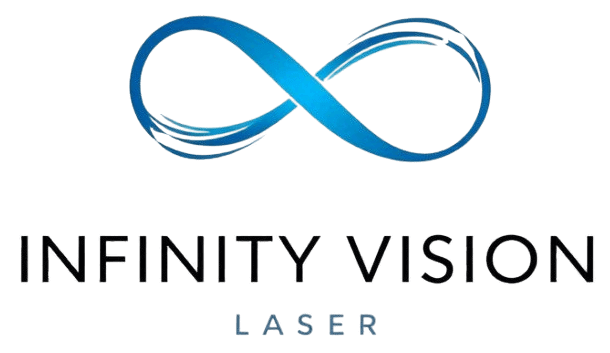Myopia (Nearsightedness)
What is Myopia?
Myopia, commonly known as nearsightedness or shortsightedness, is a condition where nearby objects are clear, but distant objects appear blurred. Nearly a third of people experience some degree of myopia, which can range from mild to severe.
Causes of Myopia
Myopia occurs when the cornea, the clear outer surface of the eye, is too curved, or when the eyeball itself is longer than normal. This abnormal shape causes light entering the eye to focus in front of the retina rather than directly on it, leading to blurred distance vision.
Genetics plays a significant role in myopia, and individuals with a family history of nearsightedness are at a higher risk. While a small number of people with myopia may experience retinal complications, most individuals with myopia have otherwise healthy eyes.
Symptoms of Myopia
Some common symptoms of myopia include:
- Difficulty seeing objects at a distance, such as road signs or the whiteboard at school
- Squinting to see clearly
- Eyestrain and fatigue
- Excessive blinking
- Frequent headaches
Myopia often develops in childhood when children start school and struggle to focus on distant objects. It may continue to worsen during adolescence before stabilizing in the early twenties.
Treatment for Myopia
Myopia is a common and treatable vision condition. The most straightforward treatment is corrective lenses, such as eyeglasses or contact lenses. These lenses adjust the focus of light entering the eye, ensuring that the image is directed onto the retina for clearer vision. Depending on the severity of myopia, corrective lenses may need to be worn throughout the day or just for specific tasks, like driving or watching TV.
For those looking to reduce their dependency on corrective lenses, laser eye surgery can be an effective solution. LASIK (Laser-Assisted In Situ Keratomileusis) is the most common surgical procedure to correct myopia. During LASIK, a laser reshapes the cornea to improve focus. There are also alternative procedures available, and our team at Infinity Vision Lasers can help determine the best treatment for your specific needs.
